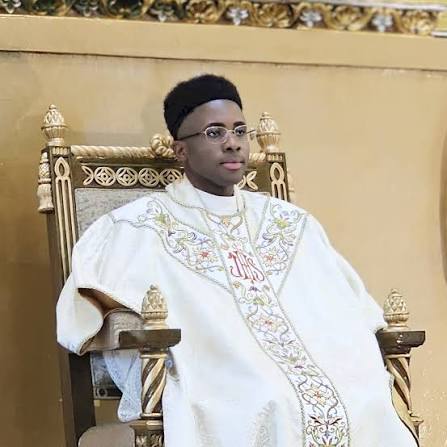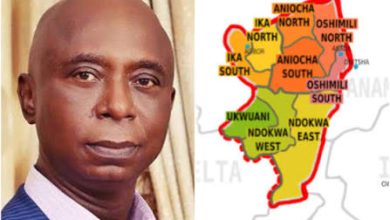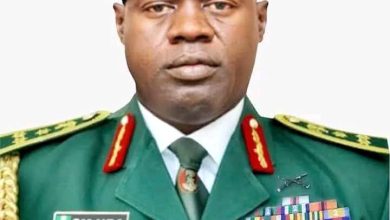Nigeria’s Moral Crossroads and the Silence of Its Leaders By Rev fr Prince Chidi Philip

A recent warning from a prominent Catholic Archbishop has reopened debate over Nigeria’s fragile religious balance.
The Archbishop cautioned that any foreign military intervention particularly one led by former U.S. President Donald Trump could fracture what he described as a long-standing Christian-Muslim “coexistence.”
But many Nigerians, especially those living in communities repeatedly targeted by violence, argue that the phrase “coexistence” has become a polite fiction.
For them, the word fails to capture a reality defined by recurring attacks, razed villages, and declarations from extremist groups that certain populations simply do not deserve to live alongside them.
They ask: What coexistence are we defending when one side continues to bleed?
Beneath these anxieties lies a deeper frustration, one that extends to the political leadership in Abuja.
Critics contend that a culture of political patronage and moral compromise has become so pervasive that even respected religious leaders seem altered after visiting Aso Rock.
Their supporters say they enter with a mission to advocate, lament, or negotiate on behalf of suffering communities but emerge muted, reluctant to confront the state, and hesitant to speak with the clarity they once commanded.
This, many fear, signals the gradual erosion of the Church’s historical role as the nation’s last moral compass.
For generations, the Church has stood with ordinary Nigerians when political institutions faltered.
But as bishops and church officials increasingly move under heavy security, traveling in convoys sealed away from the country’s harshest realities, questions arise about how connected they remain to the anguish endured by those they shepherd.
Can leaders insulated behind tinted SUVs truly grasp what it means to live unprotected in areas where danger is constant and survival is uncertain?
Some, including this writer, argue that true moral leadership requires proximity not only to power but to pain.
If religious leaders wish to advocate for coexistence, then perhaps they must first witness firsthand the peril their congregations face daily. Only then, they believe, will diplomacy be grounded in truth rather than wishful thinking.
Nigeria now stands at a moral crossroads. The issue is not merely political stability or interfaith harmony.
It is whether the nation’s leaders, religious and political alike are willing to confront a violent reality instead of masking it with comforting rhetoric.
A country cannot survive when its citizens cry for help while its institutions respond with silence, caution, or self-preservation.
The plea is not for conflict. It is for honesty. For courage. For leadership rooted in truth rather than convenience.
If those entrusted with moral authority choose safety over solidarity, if voices once strong become timid, then the forces tearing communities apart will continue unchecked.
And if that happens, Nigeria may one day awaken to the painful realization that the promise of “coexistence” was never more than a fragile myth.



